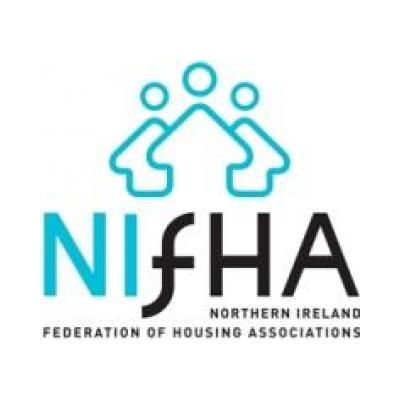Advocating for Supporting People
Ensuring the most vulnerable in our society have the support necessary to live with dignity and as independently as possible in their home is vital. The Supporting People Programme makes a considerable contribution to ensuring this takes place.
As co-Chair of the Committee Representing Independent Supporting People Providers (CRISPP) NIFHA’s Housing Policy and Research Manager Maire Kerr raised our concern for the Supporting People Programme’s future with the NI Assembly’s Social Development Committee on Thursday 14 June 2012.
The Supporting People Programme has been highly successful in Northern Ireland. It offers housing related support to over 25,000 vulnerable people (including young people leaving care, learning disabled adults, frail elderly and those with dementia) at any given time. It is model which is well regarded in other areas of the UK proving both effective and efficient.
The key issues for concern discussed were:
- The possible transfer of the Supporting People budget to the Department of Health, Social Services & Public Safety (DHSSPS)
- The Regulation and Inspection of schemes
- The Impact of the Reserves Policy on Small Businesses
- The absence of a Supporting People Strategy
- The impact of the withdrawal of SNMA funding
In commenting on the evidence provided Maire Kerr said:
“Whilst the economic impact is important and the programme should offer value for money it is the impact on people’s lives which is of greater concern. If funding is moved and/or reduced the housing element of care and support which is necessary to maintain the independent, dignified existence, that many of us take for granted, may be lost to vulnerable people.”
Ends
Further Information
CRISPP was formed in 2006 to represent those bodies outside the public sector that receive (or plan to receive) Supporting People grant for the provision of housing support services. The membership of the Committee reflects the relative scale of Supporting People provision by the not-for-profit and commercial sections of the sector and the spectrum of client groups served. The client groups range from young people leaving care to learning-disabled adults and senior citizens with dementia.
The Committee members elected the Council for the Homeless (NI) and the NI Federation of Housing Associations to co-Chair CRISPP.
Notes on the concerns raised:
Potential budget transfer
The Department for Social Development (DSD) has responsibility for housing and the ethos of Supporting People is independent living. By moving the budget to health the implication is those using the service are ill, they are not, they simply need some personal support to carry on living their lives. If the budget is moved to health it could easily be absorbed by other priorities and consequently this vital service lost.
Budget cut
The Supporting People Programme’s budget has effectively seen a cut in funding over the past few years as revenue funding has been frozen. It currently has an annual budget of £63m and we understand this funding will be cut by £12m over the next three years. The implications of those benefitting from Supporting People and those who provide the service will be significant. Services will be reduced, people’s dignity and independence lost and jobs will go. The loss to society and the economy will be considerable.
Regulation and Inspection
A fair and proportionate regulatory system which ensures the need of service users is met is essential. The services funded by the Supporting People Programme are subject to rigorous quality monitoring from a number of bodies including the Northern Ireland Housing Executive (NIHE), DSD and the Regulation Quality and Improvement Authority (RQIA). We suggest this may give rise to duplication and varying regulatory standards and we therefore are seeking an overall regulatory framework for Supporting People which has been consulted and agreed upon by all stakeholders.
Reserves Policy
The issue of the retention of any yearly underspend remains unclear. The Northern Ireland Supporting People Guidance (2011), states that Supporting People Grants are a restricted fund. This means any amount of money which is paid to the small business and is not spent during the financial year to which it relates, must be recovered by NIHE. If a small business is wholly financed by Supporting People Grants and money is recovered year on year then there is no possibility of their ever building up any level of reserve to provide funding for contingencies in emergency situations. The Charity Commission guidelines provide for the carrying over of under-spend as restricted reserves. These are permittable as long as the funds are spent for the purposes for which they were given.
Supporting People Strategy
The most recent Supporting People Strategy ended in 2010 and a new strategy yet to be published. Such lack of strategic direction has caused a number of serious challenges for service providers. They would normally formulate their own business strategies and plans around the Supporting People Strategy to ensure the services they provide remain strategically relevant not only to the programme but more importantly to the vulnerable people who use them.
SNMA withdrawal
SNMA is a revenue allowance paid to registered housing associations because the intensity of the housing management service required by their vulnerable tenants (such as people with learning disability) is much greater than the service that other tenants needed. Payments amounting to £2.3m are paid to these care homes out of the overall Supporting People budget. There is a proposal to phase this payment out which directly affect the housing support services given to 700 residents and the employment of around 400 people.

